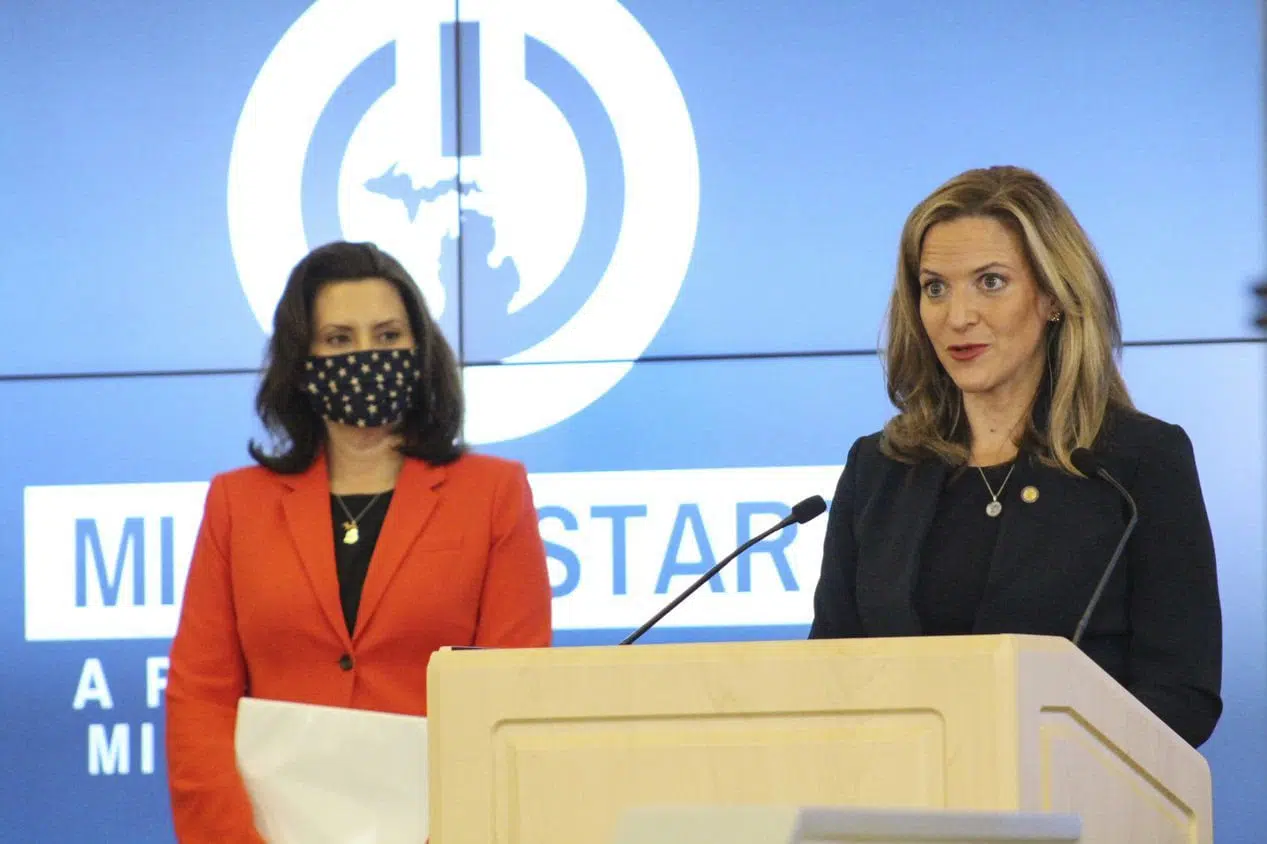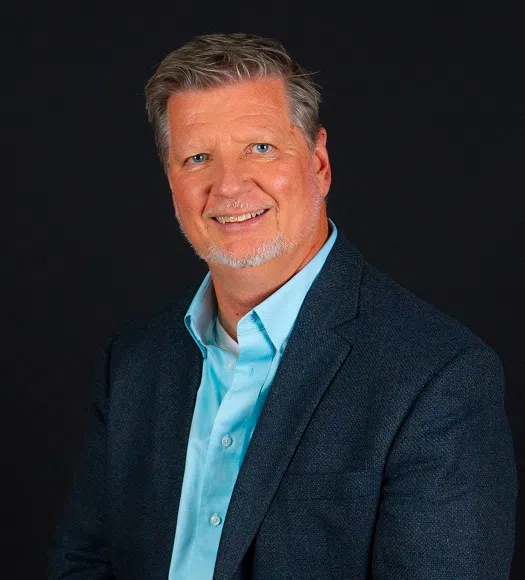LANSING, MI (WKZO AM/FM) – Secretary of State Jocelyn Benson submitted testimony to the state Senate Elections Committee today, denouncing legislation from the chamber’s 39-bill package that she says promotes voter suppression.
- See Also – SOS Benson breaks down the 39-bill package
“The 2020 election was the most safe, secure and accessible in our state’s history. This truth was affirmed through more than 250 audits conducted throughout our state by bipartisan groups of election administrators,” Benson said. “We should be championing the policies that made the election successful to continue embracing every citizen’s voice in our democracy.”
But the bills under consideration do the opposite, Benson said, opening polling places and counting boards to partisan interference and giving politicians the ability to influence election administration.
Benson pointed to the following bills in the package as examples:
Senate Bill 279 would dramatically increase the number of challengers allowed in counting boards to the point of outnumbering election workers tabulating ballots, leaving the door open for disruption of the counting process, and placing undue stress on election workers.
Senate Bill 290 would also ban non-partisan challengers, instead allowing candidates to hand pick their own, ensuring a partisan process.
Senate Bill 291 eliminates key accountability measures and protections for election workers, opening the door for partisan challengers to directly interfere with or undermine the counting of ballots.
“In short, there is no data – zero – that any of these bills are needed or would increase the integrity of our elections, but plenty to suggest that if they became law they would empower partisan officials to interfere with our elections, undermine the fair and secure count of every vote, and disenfranchise Michigan citizens,” Benson said.
Additionally, Senate Bills 300 and 301, which would allow just one day of early voting, and on a Saturday two weeks before Election Day, defy the data that overwhelmingly shows voters are most likely to take advantage of early voting over a series of days and hours close to Election Day itself, according to Benson.
“Any access this bill might enable is outdone by the confusion among voters and consternation among local election clerks it would generate,” Benson said. “I can’t help but wonder if its inclusion today is a cynical attempt to mislead the public from the true nefarious and detrimental impact the overall package of bills would have on our democracy.”





